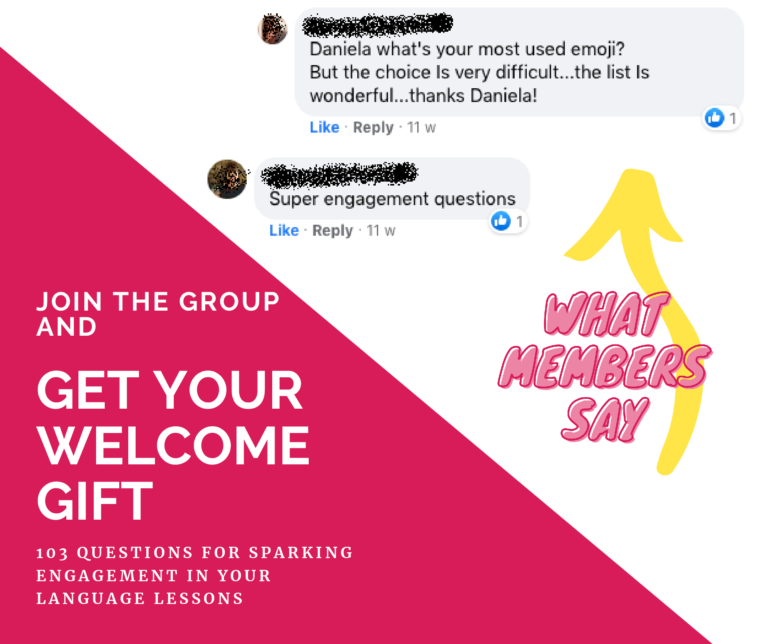
Reluctant, difficult students seem to be in another dimension when you teach in class? You don’t need to be an expert motivational coach for getting them finally engaged. You need to read this story, instead. You are going to learn what approach really works for making unmotivated students understand the importance of goal setting for students. I promise: it’s a simple and easy-to-implement approach, based on genuine connection, good intuition and love.
Last night I was reading one of my few favourite books about parenthood. It’s titled Parenting from the heart, by Jack Pransky. When I read about parenthood I always find so many links to teaching! After all, as a suggestopedic teacher, I believe in the importance of Love for my students, regardless of their age.
I’d like to share that story here. I warmly recommend to read it and to get back to it every time you don’t know what the next step is with some students. You can get it below:
The story I read last night made me think a lot, both as a mother, as a language teacher and, more general-wise, as a learning facilitator.
It was about coping with difficult students who decided not to follow our lead. I’m talking about those students who refuse to take part in the activities we propose. They want to be impenetrable to us. They are not available for learning and they don’t want any help.
How can we make them understand the importance of learning a language?
From there, how can we make them understand the importance of goal setting for students?
All teachers would like to have a magic wand, sometimes, to use with those challenging students. Well, in this article you’re going to learn you can actually use magic. Magic is in the words you speak and in the approach you choose.
In a nutshell, this is what I learned from Pransky when it comes to reluctant students. I adapted his taughts for us, language teachers
The importance of goal setting for students, the final approach in a nutshell
First of all, we ought to acknowledge those students’ thoughts and behaviour. We don’t want to treat them like poor, confused children – although they may be like that, most of the times! Instead, we want to look at them as people who chose to go in a specific direction. Are they failing learning languages? Are they failing their assessments? That is a consequence of what they decided for them in first place. Here is the brilliant insight I learned from Pransky: in carrying on that path, they are actually succeeding. Therefore, from that point on we are going to look at their story as a story of success, rather than failure. The point of view pivots a lot.
Secondly, we shall help them to see where that direction will take them. In other words, we want to make sure they are aware of the scenarios opening up for them as a consequence of their decisions. Poor set of skills, unemployability, not being able to make the best choices for them in the future, renouncing to a world of opportunities. They need to see this. They have to become aware of what they are attracting in their lives.
Thirdly, when they can see the scenarios, we shall ask them: is this what you want?
Ultimately, difficult students behave the way they do because they have a lesson to learn. The lesson is about the freedom of making choices and the courage of taking responsibility for the consequences.
The lesson for us, language teachers, is about acknowledging the students’ choices, helping them to see the consequences and taking their responsibilities.
A student who’s been taken through the process I showed above is likely to change his/her choice by him/herself.
Get the story below:
Wrapping up
My invite is to look at the importance of goal setting for students from a different perspective, especially when it comes to coping with challenging students. The steps of the process are: acknowledge, allow them to see the scenarios, take them to become aware of the responsibilities.
Students are people and people ought to always be free to choose, as long as their choices come from a space of awareness and inner connection.
Good luck 😉
Want more support?
Join the Facebook group Independent Language Teachers Collective to get daily advice, tons of free training and to branch out with other independent language teachers like you!
ALSO…
Available only for the Collective members: free list 103 question for sparking engagement in your language lessons.
This is what members say about the freebie:

Join in the Collective and grab your welcome gift:


